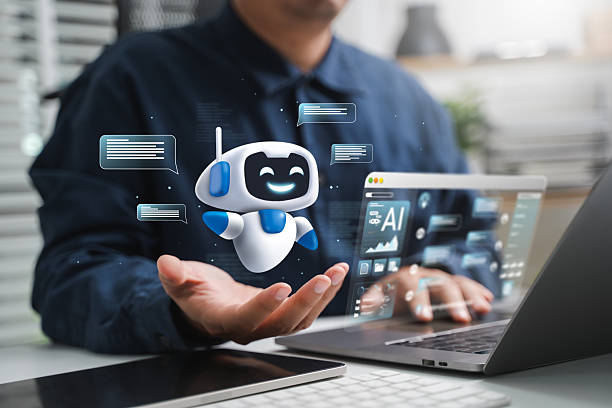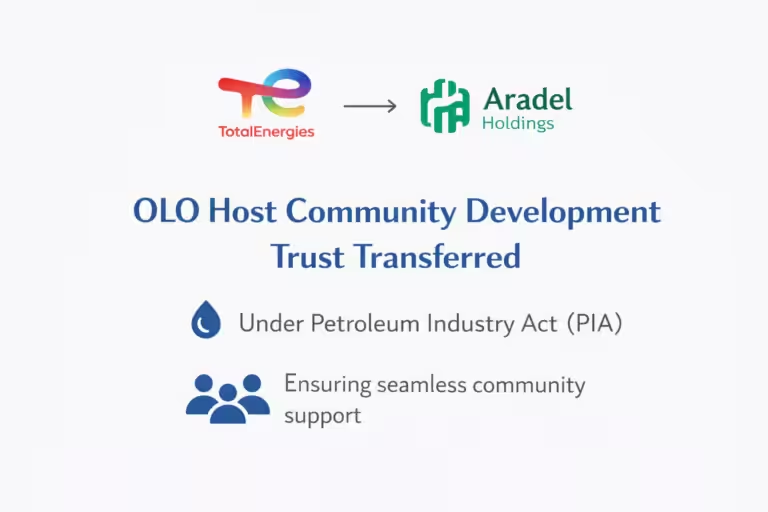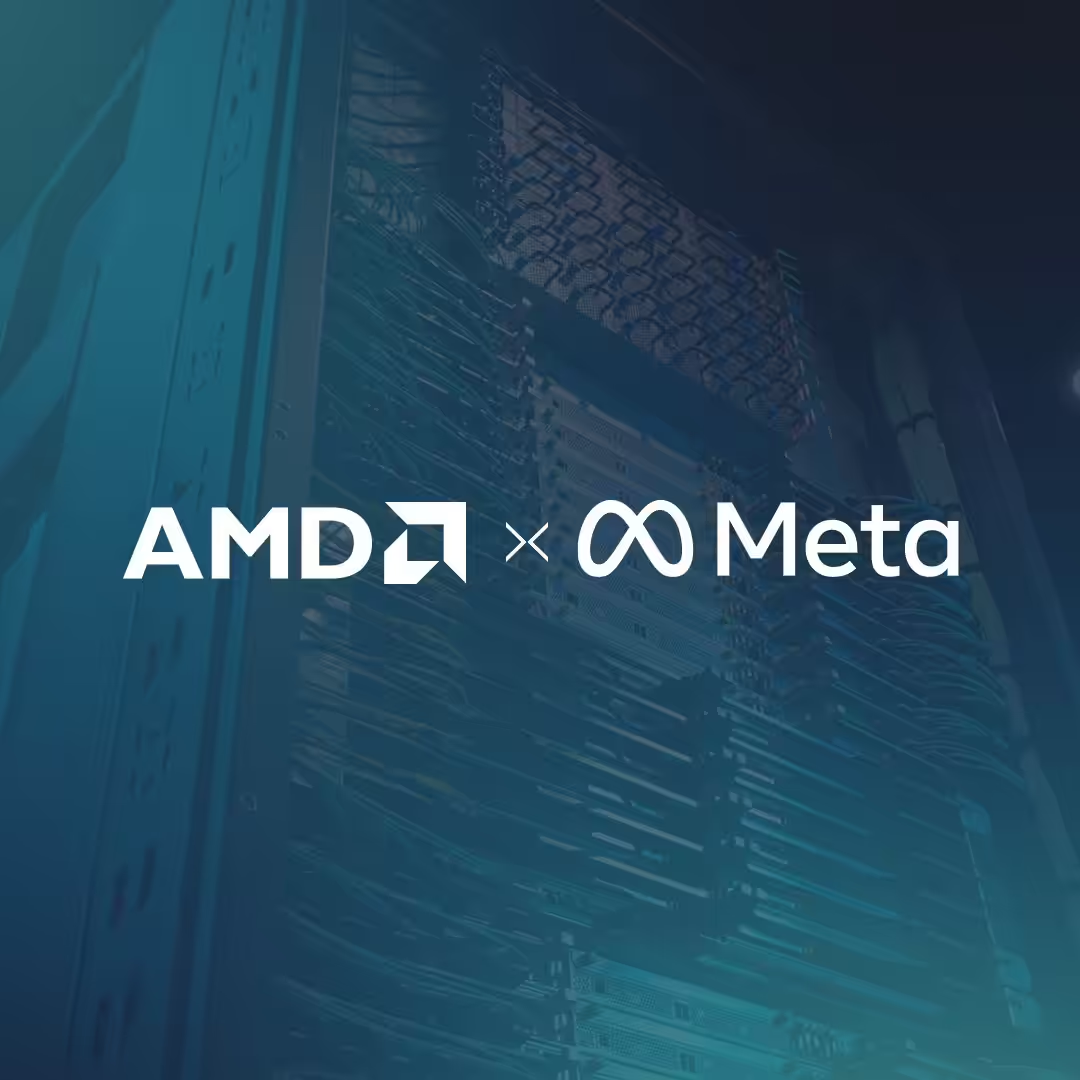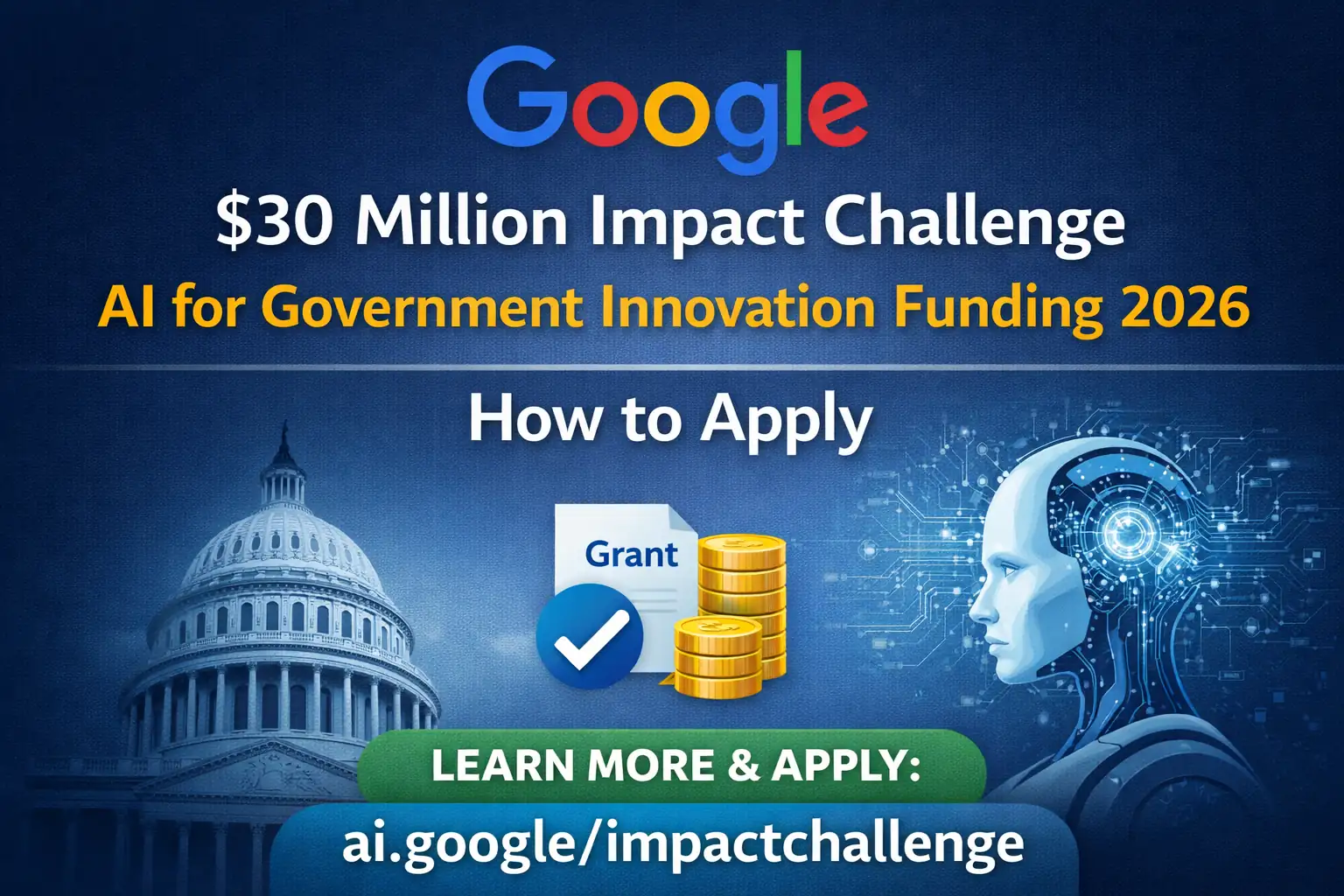In today’s AI-powered business environment, the choice to deploy an AI chatbot or an AI agent can make a substantial difference in operational efficiency and customer satisfaction. While intelligent automation gains momentum, it is important to know the difference between these solutions to make smarter investments in technology.
An AI chatbot is trained to have human-like conversations using natural language processing (NLP). Such models, like ChatGPT, can answer questions, assist users, collect information, and provide basic advice, but by request only.
While AI agents combine NLP with independent action, decision-making, and multi-system task execution. They don’t just respond, they plan, act, and learn, offering more advanced AI-driven automation.
Picture a travel platform, a chatbot might help a user outline a travel itinerary. However, an AI agent could interpret the request, search flight options across multiple airlines, compare prices based on user preferences, book a ticket, and send confirmation, without further input from the user.
This autonomy places AI agents as ideal for multi-step, complicated business processes. They can run in HR applications, sales systems, customer care systems, and e-commerce shopping workflows, replacing or supplementing human labor in lengthy tasks.
According to existing trends, AI agents are being utilized more and more for purposes like automatic checkout, travel and booking reservations, summarization of content, and payment processing. At the same time, AI chatbots remain beneficial for customer service, data search, IT troubleshooting, document generation, and light conversational tasks.
Technically, each is powered by large language models (LLMs) and understands natural language. But AI agents require deeper integration, real-time decision-making, and sometimes more sophisticated AI infrastructure.
“Chatbots are answer machines, whereas agents are action bots” distills the essence of the difference. The distinction isn’t semantic—it defines how each tool fits into a company’s overall AI transformation strategy.
Budget is a significant consideration. AI chatbots are cheaper to operate since they support lighter inference loads as well as simpler deployment needs. Stronger AI agents are more computationally demanding and necessitate unique technical expertise in machine learning as well as system management.
For businesses, the choice of deployment should be guided by three significant considerations:
- Budget constraints and cost of inference.
- Task complexity: either conversation or autonomous use.
- Team capability: whether it’s possible for in-house developers to build and support the needed AI infrastructure.
As AI adoption continues to grow in 2025, companies that understand these nuances will gain a strategic edge. Leveraging The right AI solution for the right purpose guarantees not just improved ROI, but even more responsive and effective operations.


























